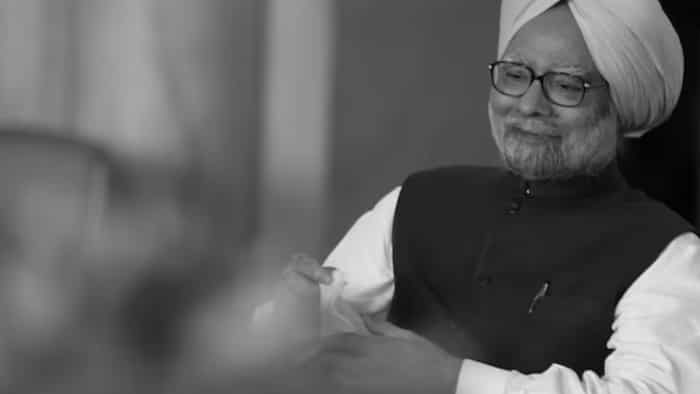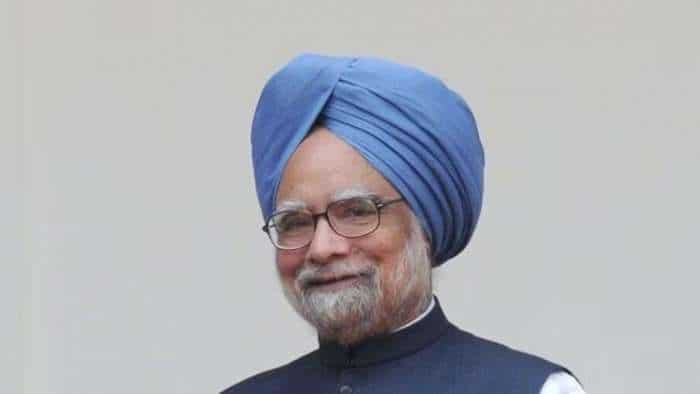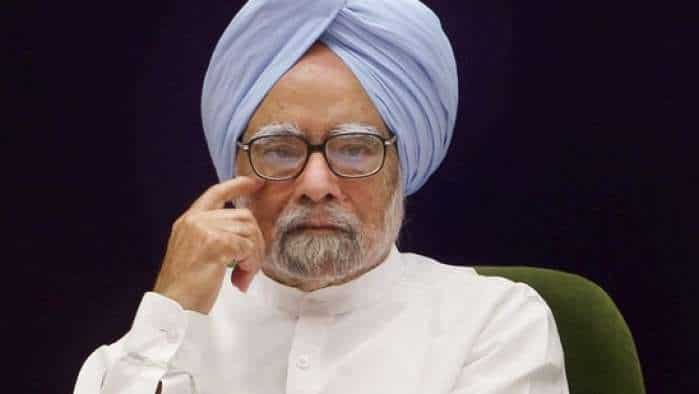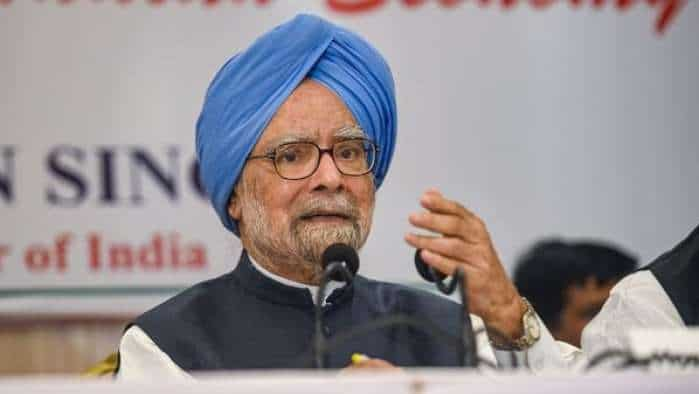Relax labour laws to promote India as preferred sourcing destination for textiles: Report
The study, commissioned by the textiles ministry and conducted by the Indian Institute of Foreign Trade, suggested strengthening the eco-system for textile exports, integrating fragmented textile value chain and investing in skill upgradation as measures needed to boost India's sourcing potential

The country needs to relax labour laws and enhance incentives in order to become the preferred sourcing destination in textiles sector, a report submitted to the government said. The study, commissioned by the textiles ministry and conducted by the Indian Institute of Foreign Trade, suggested strengthening the eco-system for textile exports, integrating fragmented textile value chain and investing in skill upgradation as measures needed to boost India's sourcing potential. "Outdated labour laws within the textile sector hampers India from becoming labour competitive. India is not perceived to be a low cost labour destination," the report said.
The incentives offered in India are far below that offered in China, thereby making Indian products lose out on being price competitive in the global markets, it further suggested. The report also called for innovation in terms of new products, new business models and collaborations; digitisation of entire supply chain from product development to delivery and ensuring compliances related to quality and legal issues, so that India is recognised for producing world class products.
"IIFT also believes that key to success is encouraging product as well as market diversification for varied textiles & apparel products and clear positioning of Indian Textiles in International Markets," it said. According to the study, the poor state of roads and connectivity around weaver hubs have led to reduced number of personal visits by buyers, leading to greater dependence on buying agents. Moreover, it said, the high import cost of latest machines deter many small manufacturers from upgrading to the latest technology, thereby contributing to compromises on quality.
"India levies a total tax burden to the tune of 23.5 per cent, which includes basic duty, CVD (countervailing duty) and special CVD on the imports of machines in addition to landing charges and additional cess," the study noted. On the other hand, governments in China, Vietnam and Bangladesh promote the investments in modern technology by either government investing themselves or by levying duty of around 1-2 per cent, while in Vietnam it is zero per cent, said the report. Besides, it observed that India's carpet sector faces a growing threat of depletion of skills and forward dissemination of knowledge to the next generation.
"Low per day wage rate despite the hard work of hand weaving is making this sector financially unviable to the younger generation," said the report, suggesting to ensure adequate wages by increasing the designer-weaver-buyer connect. It also suggested setting up vocational courses in carpet weaving so that the craft and skill of Indian handmade carpets is kept intact. The report also flagged the key issue of poor knowledge about international quality compliances.
"Regular training and skilling about quality issues related to dyes, colours, etc.., must be imparted so that even the most remote weaver or designer is trained with the mindset of being quality conscious for the products developed locally and globally," the report suggested. It said the focus should be on promoting niche areas that cover indigenous artisans, weavers and craftsman as they provide a unique identity to the country's textile output.
Get Latest Business News, Stock Market Updates and Videos; Check your tax outgo through Income Tax Calculator and save money through our Personal Finance coverage. Check Business Breaking News Live on Zee Business Twitter and Facebook. Subscribe on YouTube.
RECOMMENDED STORIES
03:47 PM IST











 Have to put in effort collectively to achieve $2 trillion exports target by 2030: Piyush Goyal
Have to put in effort collectively to achieve $2 trillion exports target by 2030: Piyush Goyal Every campus must become incubators for startups, promote innovation: Piyush Goyal to institutes
Every campus must become incubators for startups, promote innovation: Piyush Goyal to institutes